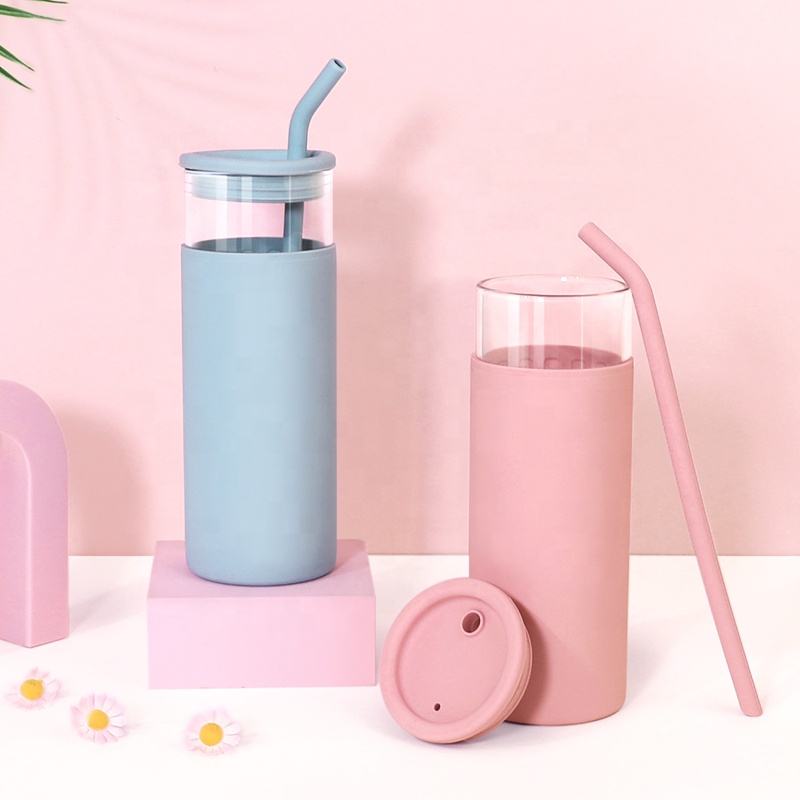The evolution of eco-conscious plastic water bottles reflects a changing perspective on sustainability and environmental responsibility:
- Recycled Materials: Modern eco-conscious plastic bottles are crafted using recycled materials, reducing the reliance on virgin plastics and decreasing environmental impact.
- Biodegradable Options: Some eco-conscious plastic bottles are designed to be biodegradable or compostable, minimizing their environmental footprint and promoting eco-friendliness.
- Reduced Carbon Footprint: Manufacturers are working on reducing the carbon footprint associated with producing and transporting these bottles, aiming for more sustainable practices.
- Innovative Designs: The evolution of eco-conscious plastic bottles includes innovative designs aimed at reducing material usage while maintaining durability and functionality.
- Focus on Reusability: Emphasis is placed on making these bottles reusable, encouraging consumers to use them multiple times and reduce single-use plastic consumption.
- Education and Awareness: Brands are actively educating consumers about the importance of recycling, proper disposal, and the benefits of choosing eco-conscious plastic alternatives.
- Partnerships for Sustainability: Companies are collaborating with recycling facilities, environmental organizations, and governments to create a more sustainable lifecycle for these bottles.
- Technological Advancements: Continuous research into new materials and production techniques aims to create eco-conscious plastics that are more biodegradable or recyclable.
- Reduction of Environmental Impact: Efforts are made to minimize the impact of these bottles on ecosystems, focusing on responsible waste management and conservation efforts.
- Consumer Empowerment: The evolution of eco-conscious plastic bottles empowers consumers to make more informed choices, encouraging sustainable habits and responsible consumption.
In summary, the evolution of eco-conscious plastic water bottles reflects a shift towards more environmentally friendly practices, aiming to reduce waste, promote recycling, and encourage consumers to rethink their hydration choices in a more sustainable manner.



